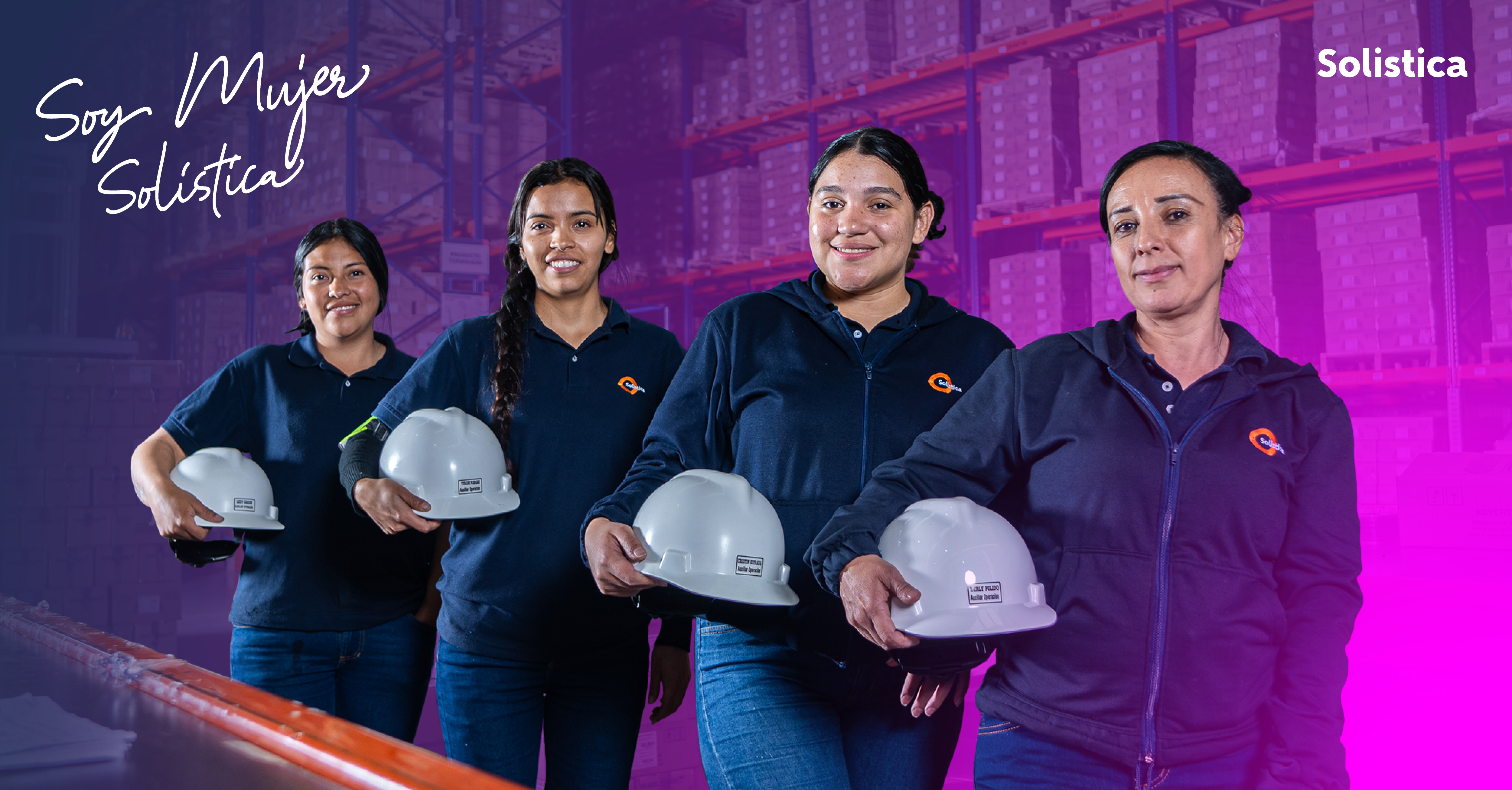Historically, in the field of logistics and supply chain, male participation has been more predominant. However, this reality is gradually changing, as more and more women are making their way into this industry. Gender diversity in the logistics sector is not only a matter of equity, but also a key factor in driving innovation, creativity and financial performance of companies.
The world of logistics and supply chain has traditionally been dominated by men. However, this reality is gradually changing as more and more women are making their way into this crucial industry. Gender diversity in the logistics sector is not only a matter of equity, but also a key factor in driving innovation, creativity, and financial performance of companies.
Women in Logistics
Statistics confirm it: female participation in the logistics industry is growing. According to data from the International Labor Organization (ILO), women represent around 24% of the global workforce in logistics. While this percentage is still low, it reflects a considerable increase compared to previous years.
According to a report by the McKinsey Global Institute, in 2020, women represented only 39% of the workforce in the global supply chain and only 15% of executive positions in this sector.
In North America, the situation is not very different. According to the Women in Supply Chain survey, prepared by Gartner and AWESOME, in 2022, women represented 39% of the total supply chain workforce in the region, which represents a decrease of 3% compared to the 41% recorded in 2021.
Importance of Women in Logistics
Women bring a series of valuable skills and qualities to the logistics industry. They are known for their organizational capacity, attention to detail, teamwork, effective communication, and problem-solving. These skills are essential for the success of any logistics operation.
The Roles Women Play in Logistics
Women are present at all levels of the supply chain, from operational positions to leadership roles. Some of the roles they play include:
- Operations: warehouse management, transportation, distribution, picking and packing.
- Supply Chain Planning and Management: data analysis, inventory management, route planning.
- Technology: software development, information systems management.
- Sales and Marketing: customer management, business strategy development.
- Leadership: executive positions in logistics companies.
Benefits of Female Participation in Logistics
The incorporation of women into the logistics industry brings a series of benefits:
- Increased productivity: women are known for their high productivity and efficiency.
- Improvement in decision-making: gender diversity in work teams leads to better decision-making.
- Greater innovation: women bring new ideas and perspectives to the industry.
- Improved company image: the presence of women in logistics helps to improve the public image of companies.
Challenges faced
Despite advances, women still face some challenges in the logistics industry:
- Gender Stereotypes: the perception that logistics is a male sector.
- Discrimination: women can be subject to discrimination in access to jobs and development opportunities.
- Lack of Work Flexibility: logistics companies do not always offer work flexibility options that facilitate the balance between work and personal life.
Solistica: An Example of Female Leadership
An inspiring example of female inclusion in the logistics sector is the case of Solistica, a company belonging to the Strategic Business Division of FEMSA in Latin America.
In 2022, Jessica Ponce de León became the first CEO of the organization, conquering a traditionally male sector with her career and experience.
Ponce de León, who has almost a decade of experience at Coca Cola FEMSA, where she held positions as Corporate Manager of Organizational Effectiveness, Director of Distribution in Mexico and Director of Commercial Processes for Brazil, assumed the command of a huge regional integrator of the supply chain with nearly 24,000 employees and more than 4,000 clients.
This month the talent and dedication of women in the company is celebrated, who play essential roles in its logistics operation. Their passion, creativity and leadership drive the industry forward and inspire us to build an inclusive company that believes in the capabilities of all people.
The invaluable contribution of women to logistics is recognized, so Solistica is committed to continuing to support their growth and development in this field. The company will continue to work to foster an inclusive environment that promotes the empowerment of all women, not only within the organization, but around the world.
The Future
The inclusion of women in the logistics sector and the supply chain is crucial to drive diversity, innovation, and financial performance of companies. While significant advances have been made in recent years, there is still a long way to go to achieve gender equity in this industry.





